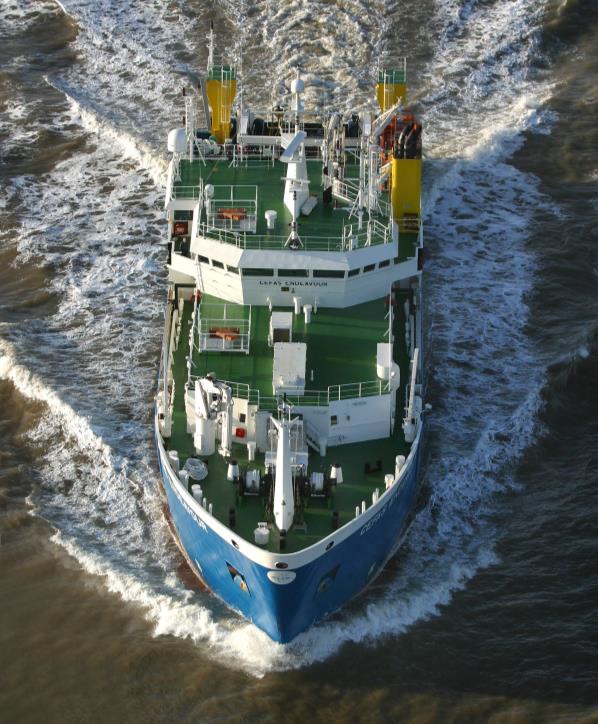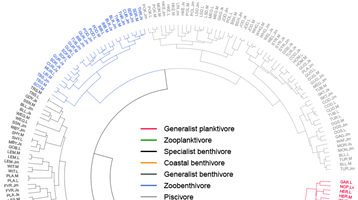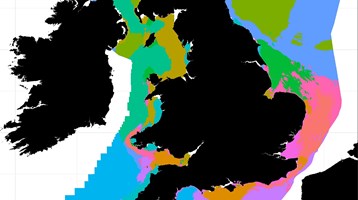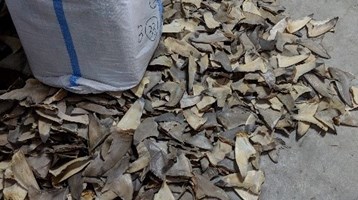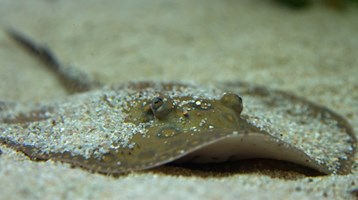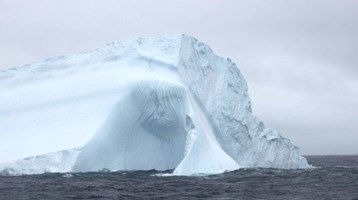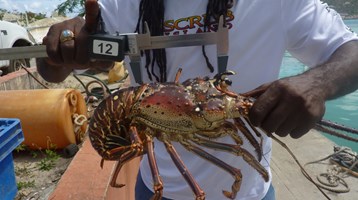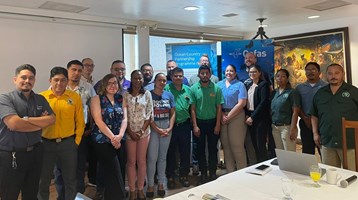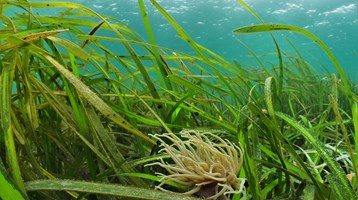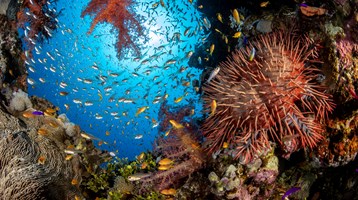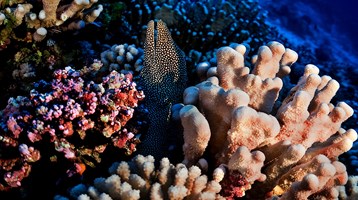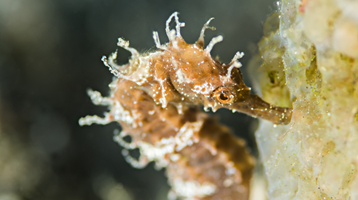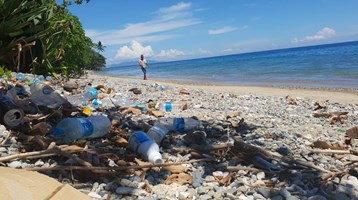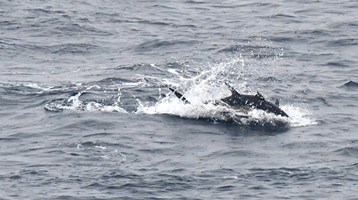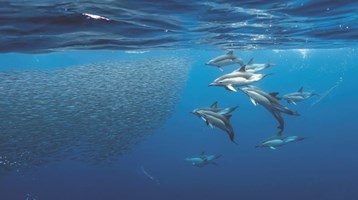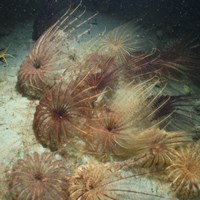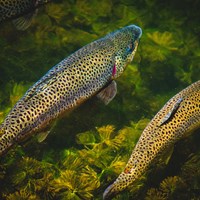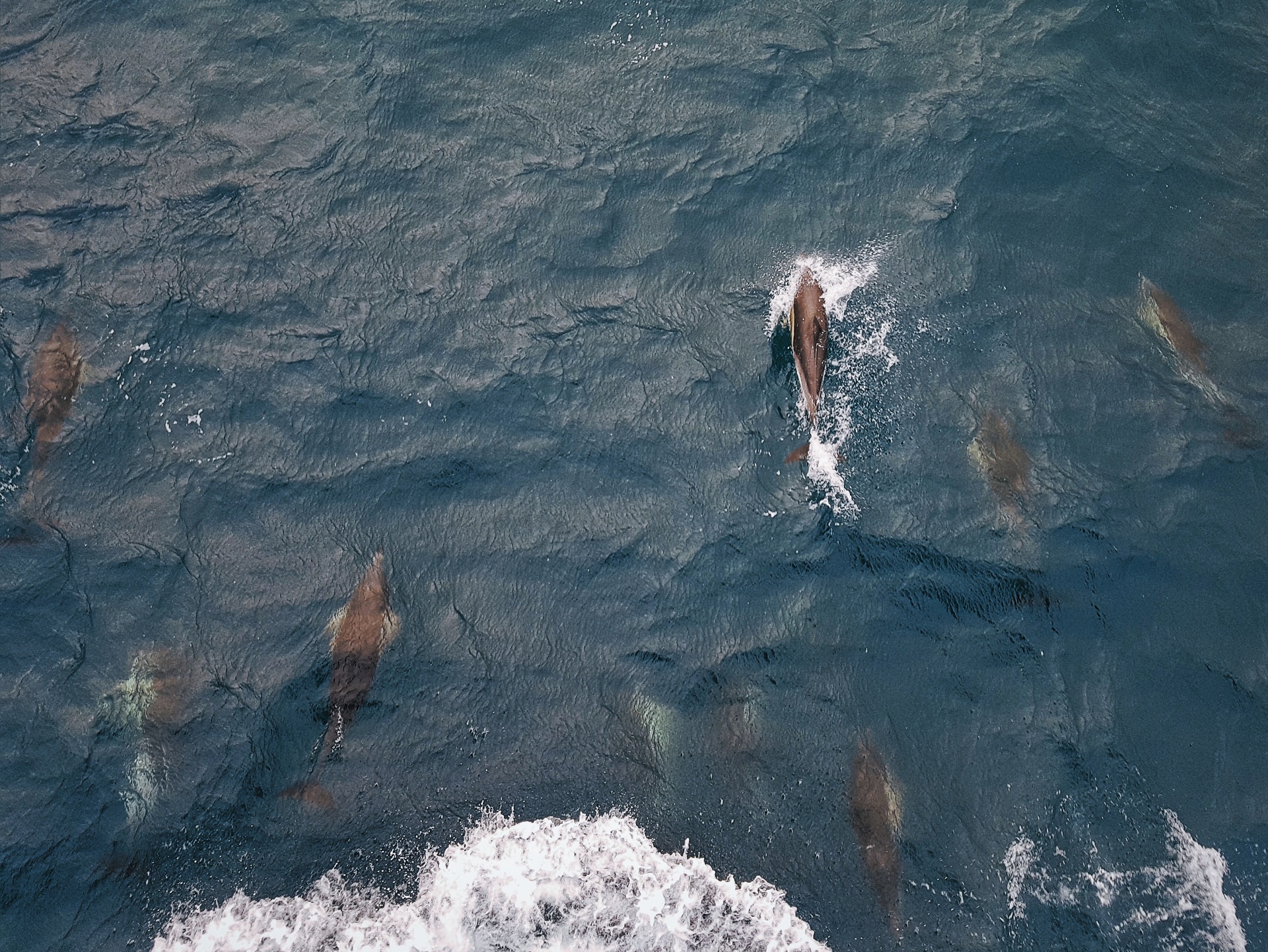
Marine biodiversity
Mapping and understanding habitats and species in our seas to assess their vulnerability to human pressures
We measure marine biodiversity to map the habitats in our seas, and to assess their vulnerability to human pressures. We provide advice on the status and need for marine protected areas in the UK and Overseas Territories, and to help maintain robust and biodiverse aquatic communities.
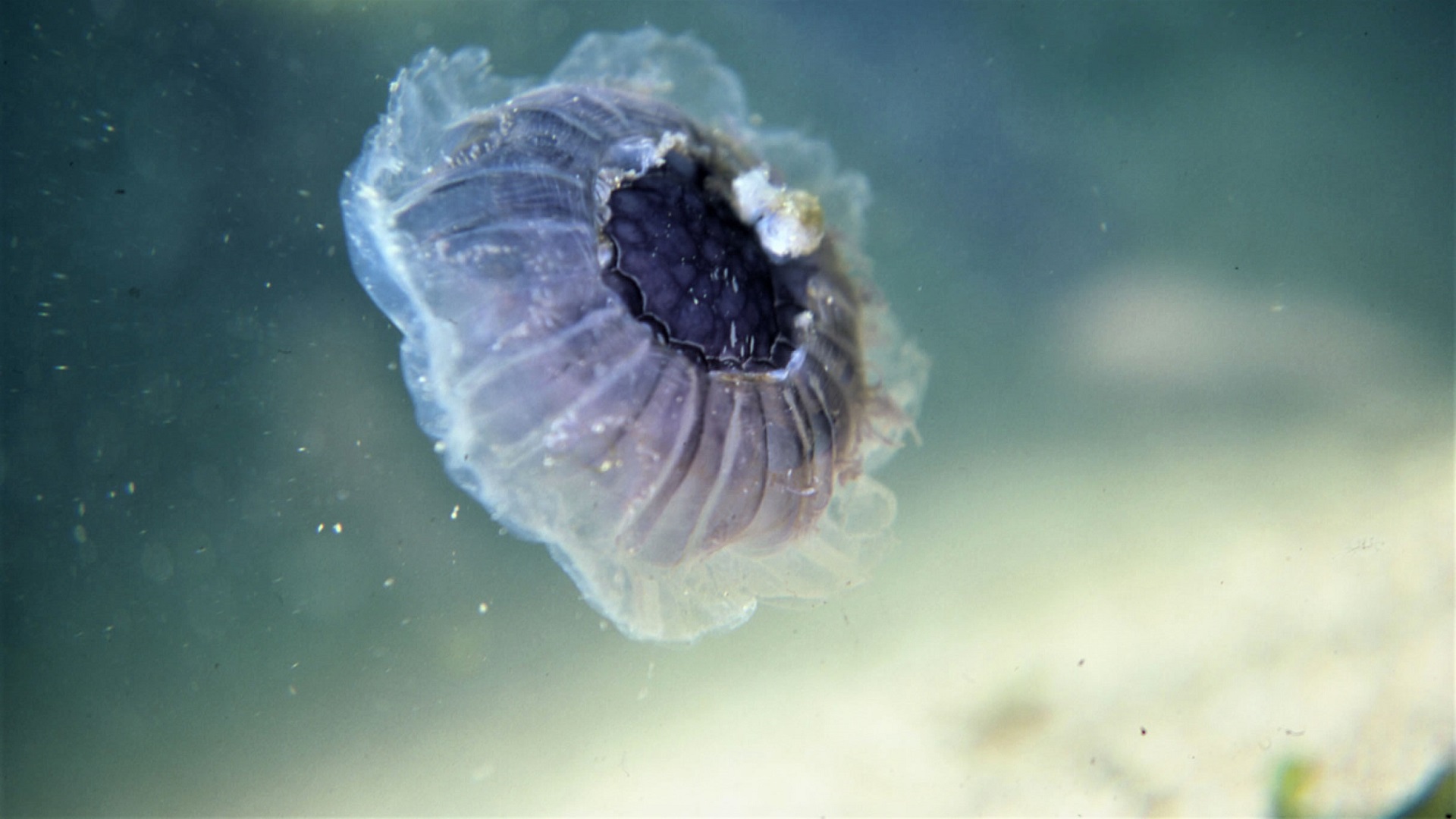
We're an internationally recognised leader in measuring marine biodiversity. Our expert scientists provide biodiversity monitoring to a broad range of national governments, public bodies and local authorities, as well as commercial businesses. We collect, monitor and measure phytoplankton, zooplankton and non-native species. We consider the full biodiversity of an ecosystem, from the smallest species to large marine mammals.
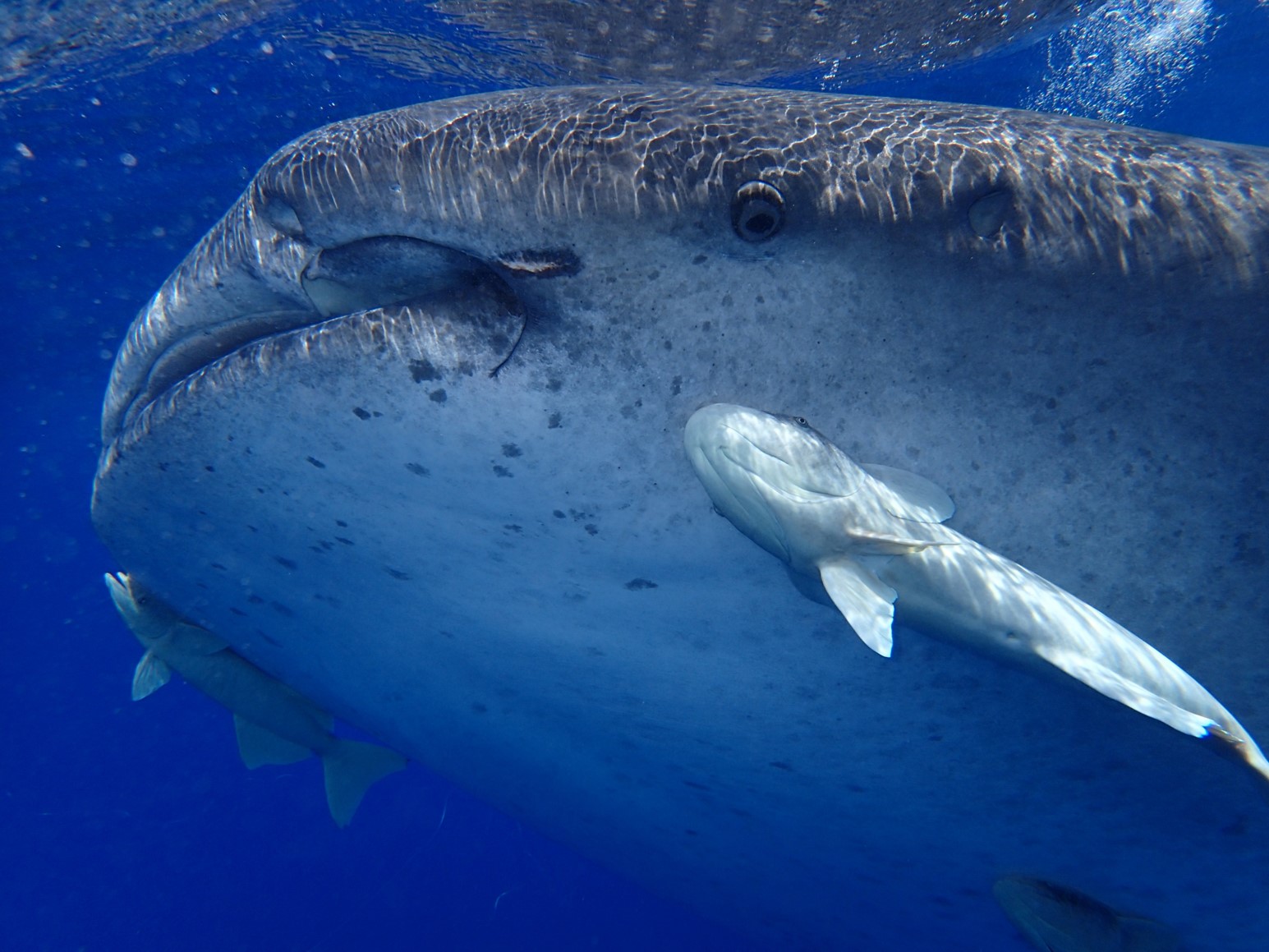
Phytoplankton is the base of several aquatic food webs. In a balanced ecosystem, they provide food for a wide range of sea creatures including whales, shrimp, snails, and jellyfish. Phytoplankton are important indicators of the ecosystem health since they respond immediately to impacts of water quality, temperature and other disturbances. This primary response to pressures make phytoplankton a valuable measurement of marine biodiversity.
Zooplankton are microscopic organisms that range from the small protozoa to the larger krill and jellyfish that play important role in food-webs which underpin marine ecosystems and ultimately the productivity of fisheries. Zooplankton consume phytoplankton, the primary producers of the ocean, and provide essential transfer of energy to higher levels in the food chain by providing food indirectly and directly such as to adult fish and even sharks and whales. This is particularly important to the vulnerable early life stages of many fish and benthic (seabed) species that prey on zooplankton, which they depend upon as a food source to reach adulthood. Understanding annual plankton variation helps to understand the impact upon dependant species and to monitor the effects of climate change and human developments.
We consider the full biodiversity of an ecosystem, from the smallest species to large marine mammals
We have over 70 years experience designing and conducting plankton and benthic ecology surveys in UK marine waters. The samples collected are analysed in our laboratories. In addition, we continue to test and develop new technologies to complement the more traditional microscope analysis. In recent years the knowledge and experience of our taxonomists has been extended to be able to process and identify samples from other regions of the world. Our team is trained in taxonomy and the use of microscopy to identify the majority of phytoplankton and zooplankton species occurring in European shelf seas.
For many years we have managed sampling programmes for government departments and an increasing diversity of commercial customers. Surveys have included both research and regular monitoring of plankton species and abundance, including fisheries independent fish stock assessment surveys, ecological surveys and baseline surveys around proposed new marine developments.
Our research on invasive species issues covers a broad range of scientific disciplines. The resulting evidence base forms the foundation of our position as recognised leaders in the field of invasive species.
